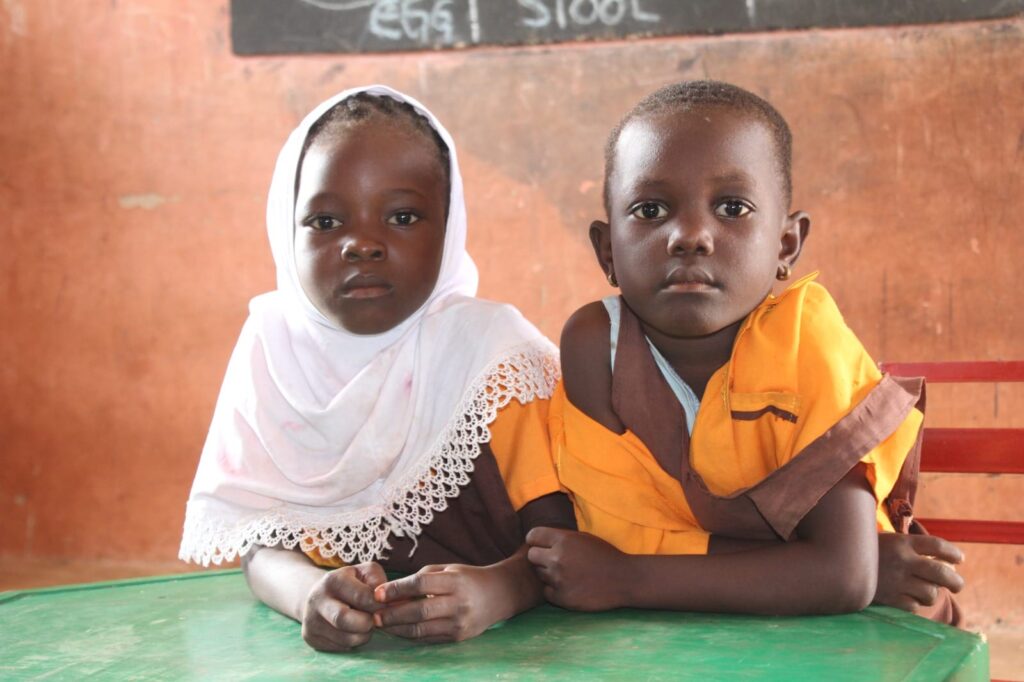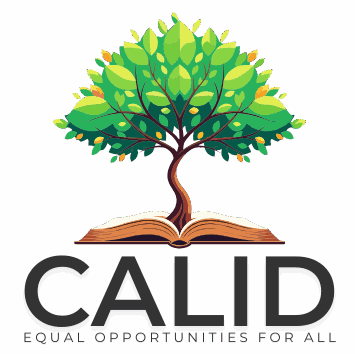LIVELIHOODS
CALID views sustainable livelihoods as essential for reducing poverty, promoting human dignity, and fostering long-term community resilience. The Livelihoods Program empowers individuals and communities by providing skills, resources, and opportunities that help them achieve self-reliance and secure prosperous futures.

The program strengthens economic opportunities for women, youth, and marginalized groups through a comprehensive approach that promotes income generation, food security, environmental sustainability, and social inclusion.
CALID understands that livelihoods extend beyond income and include the ability of individuals to live with dignity and contribute meaningfully to their communities.
Key initiatives include:
CALID’s work has resulted in transformative success stories, including youth-led enterprises, improved food security, and women becoming successful entrepreneurs. The organization’s focus extends beyond economic survival to unlocking human potential, promoting inclusive growth, and ensuring that prosperity is shared.
Other Thematic Areas

Education
CALID promotes inclusive and equitable education by improving access, strengthening teaching quality, and supporting vulnerable children to enroll, stay in school, and succeed.
Governance
CALID strengthens accountable governance by empowering citizens, especially youth and marginalized groups, to participate in decision making and monitor public resources.
Health and Nutrition
CALID improves access to quality primary healthcare by supporting CHPS facilities, promoting inclusive services, and advancing maternal and child nutrition.




